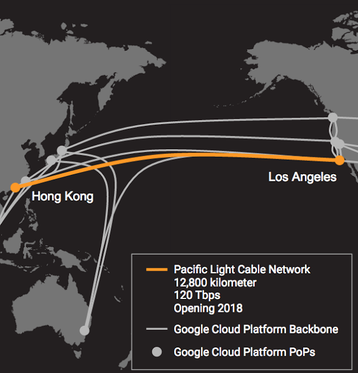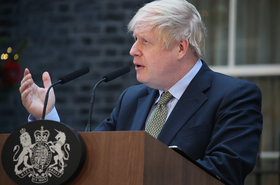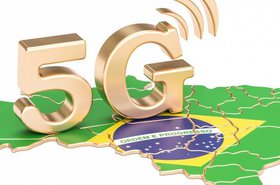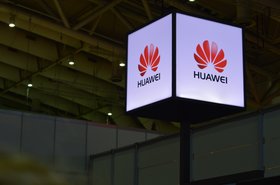Google and Facebook have drastically reduced a plan for a cable system linking Los Angeles directly to China and Hong Kong, according to reports.
The Pacific Light Cable Network (PLCN), announced in 2016, was supposed to be the first submarine cable to directly connect Hong Kong and the US. However, US security authorities raised concerns over the ownership of the third party involved, PLDC (Pacific Light Data Communications). Last week, Google and Facebook applied to the US regulator, the FCC, for a significantly reduced system that stops at the Philippines and Taiwan, with the companies accepting that their full ambitions will not be realized, according to a report in TechCrunch.
Cutting their losses
The 12,800km, 120Tbps transpacific cable system was supposed to be open in 2018. It was backed by Google and Facebook's submarine fiber subsidiaries, and due to be built by TESubCom. The biggest backer of the project has been the sticking point: PLDC owns four of the system's fiber pairs, according to TechCrunch's Mark Harris, and PLDC recently changed hands, coming under more direct influence from Beijing.
Originally, PLDC was run by Hong Kong steel and property magnate Wei Junkang, but he sold most of his stake in 2017, to Dr Peng Telecom & Media Group, a Beijing based broadband provider. That raised concern in Washington, and US officials began efforts to block the project in 2019, according to a story in the Wall Street Journal.
"While Dr Peng is not itself state-owned or controlled, it works closely with Huawei," says Harris. "Dr Peng has also worked on Chinese government projects, including a surveillance network for the Beijing police." Huawei is at the center of an escalating dispute in which the Trump administration accuses it of espionage.
Standoff
The cable itself has been mostly laid, but data cannot flow through it without permission of a notoriously slow-moving national security unit called Team Telecom, which includes the departments of Defense, Homeland Security, and Justice. Team Telecom has approved other cable projects to land in the US, under "network security agreements," which demand network operations to be based in the US, with specific equipment and security-screened personnel.
Google is particularly frustrated, as Facebook is backing a rival project, the Hong Kong-Americas (HKA) cable which takes a similar route and is also backed by China Telecom, China Unicom, Facebook, Tata Communications and Telstra. HKA will have 80Tbps of transmission capacity on six fiber pairs and is due to go live this year (2020).
Now the submarine cable subsidiaries of Google and Facebook, GU Holdings and Edge Cable Holdings USA, respectively, have applied to the FCC to light up their fibers on a more limited route: Google’s going to Taiwan, and Facebook’s to the Philippines.
The application stresses that the two companies operate the fibers independently with their own equipment, and the application does not include PLDC.
As TechCrunch's Harris points out, data will still go between China and the US, but it will go via the New Coss Pacific (NCP) cable, which is controlled by China Mobile, another company of which US secutiry authorities disapprove.





